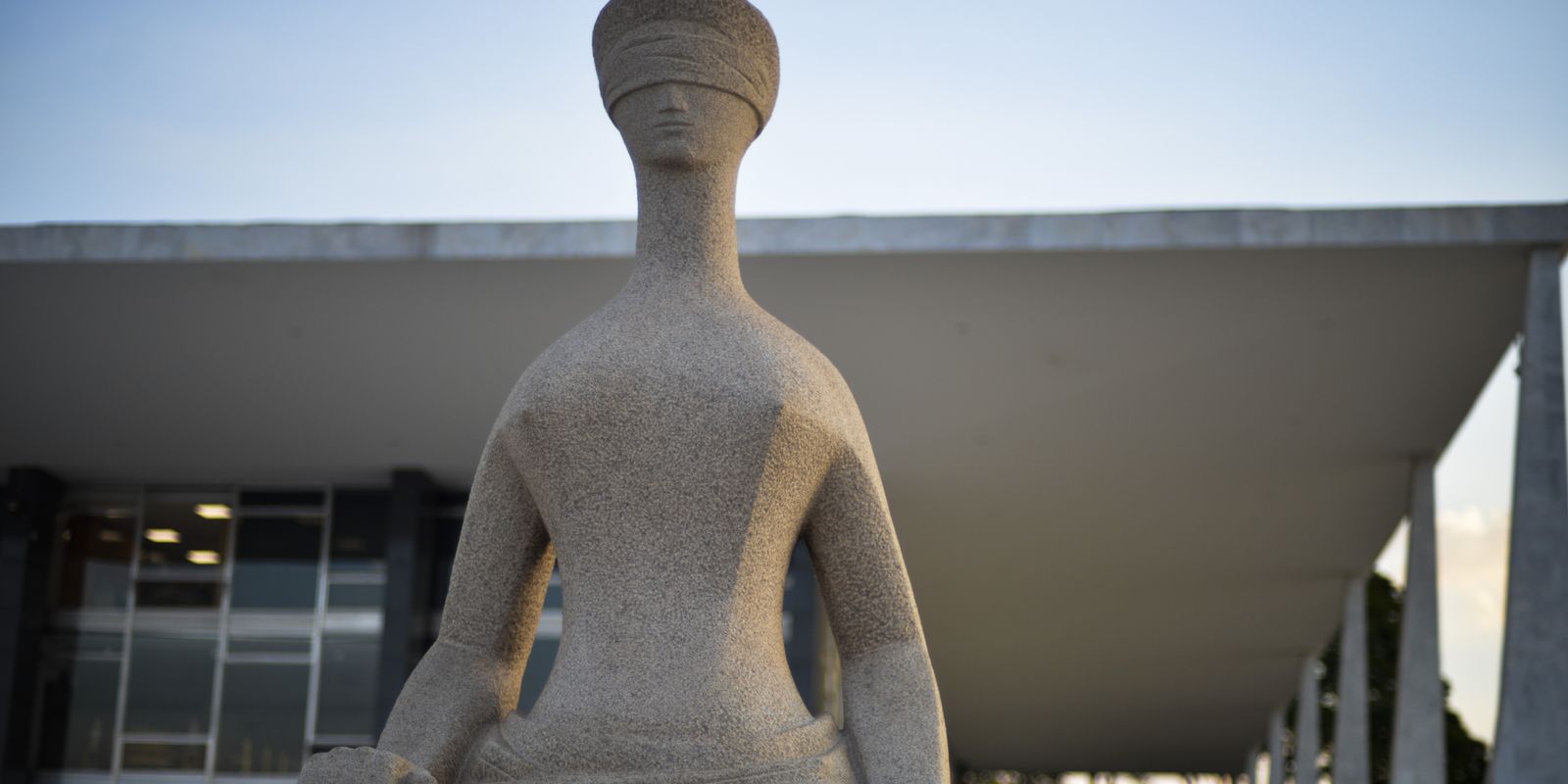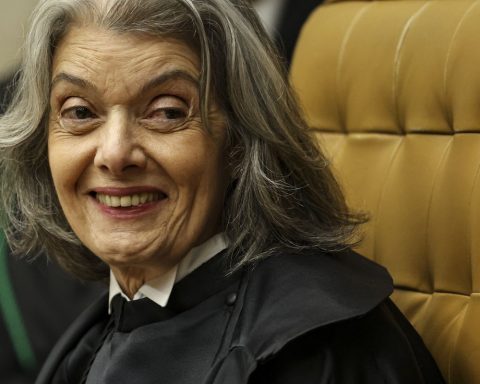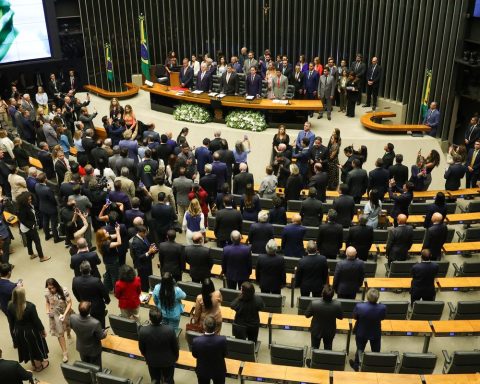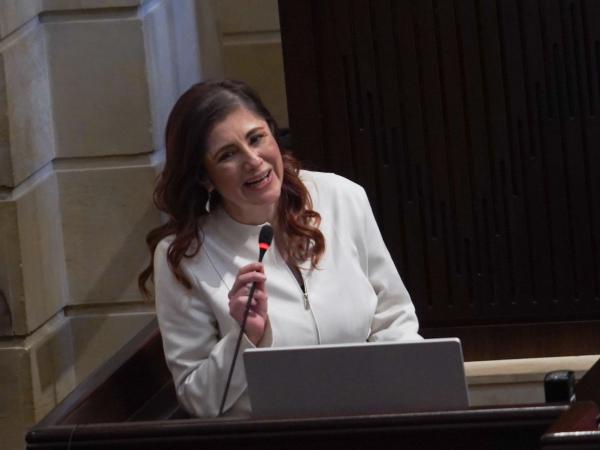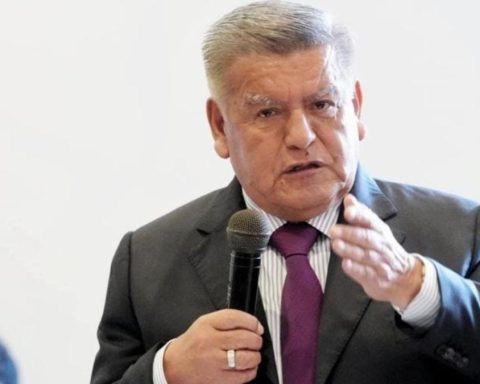Minister Luís Roberto Barroso, president of the Federal Supreme Court (STF), denied this Friday (16) a request made by Congress for him to overturn three injunctions (provisional decisions) by Minister Flávio Dino that suspended the execution of parliamentary amendments to the Union Budget.
Barroso stated that he could not suspend a decision by another Supreme Court justice on his own, since there is no hierarchy among the members of the Court. The justice acknowledged that there are precedents in which the president of the Supreme Court suspended an injunction by another justice, but that the measure would only be appropriate in “exceptional” circumstances.
In the case of the suspension of parliamentary amendments, Barroso understood that “these circumstances are not present”. He highlighted that the referendum or not of Dino’s injunctions is already being judged by the Supreme Court plenary, in a 24-hour virtual session that began this Friday (16), which is why it would not be justified to overturn them in advance.
“There is no justification for this Presidency to act unilaterally to suspend the effects of decisions issued by one of its members, in terms of suspension of a preliminary injunction, when such decisions are already being deliberated by the Court’s Board,” wrote Barroso.
The president of the Supreme Court also stressed that, in the vote he presented this Friday (15), Dino signaled “the possibility of building a consensual solution to the issue, in an institutional meeting with representatives of the three Powers”.
Another central argument is that “the decision suspends the implementation of policies, services and public works essential to the daily lives of millions of Brazilians,” says the document filed by Congress. The parliament also argued that the Supreme Court promotes “drastic and undue interference in the political decisions of the executive and legislative branches.”
Since the beginning of August, Dino has granted three injunctions to suspend the execution of parliamentary amendments, including mandatory amendments, those that are mandatory for the Executive Branch. He responded to requests from the Attorney General’s Office (PGR), the PSOL party and the Brazilian Association of Investigative Journalism (Abraji).
As rapporteur on the matter at the Supreme Court, Dino ordered the suspension of transfers of committee amendments, rapporteur amendments, and mandatory amendments from the bench and individuals. Another suspension was that of what became known as “Pix amendments,” which allow direct transfers to states and municipalities, but without specific allocation to a project, program or agreement.
The minister authorized transfers only in the case of ongoing works or a state of public calamity. Dino determined that the suspension will remain in effect until measures are implemented to guarantee the constitutional requirements of transparency, traceability and efficiency in the release of funds from the Federal Budget.
